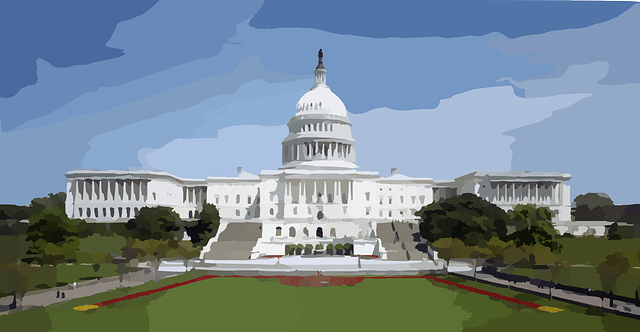What to Know About the Partial Government Shutdown

Will the federal government shut down at midnight when the March 22, 2024 deadline arrives? Could military members be forced to work during such a shutdown without pay?
At press time, and certainly subject to change, conditions seem ripe for a partial government shutdown unless the House and Senate can agree to pass six legislative packages that fund a variety of major federal agencies for the remainder of the fiscal year.
But even if lawmakers can agree in time, there are procedural issues that will likely force a shutdown until the work is done, however temporary. And that means junior enlisted troops and families could be asked to wait for military paychecks until the end of the issue. Can they afford to do so?
Related: Active Duty Military Benefits Guide
Full DoD Funding Already Delayed For Half A Fiscal Year
Lest we forget, that fiscal year began in October 2023, meaning the fiscal year is already roughly half over without a full federal budget. What happens when the federal government starts shutting down? The effects include but are not limited to:
- Federal employee furloughs
- Non-essential activities stopped including certain PCS moves and temporary duty
- Military members may have paychecks delayed unless separate measures are passed to prevent that from happening.
Why Elected Officials Struggle to Pass this Portion of the Federal Budget
Some factions in the House managed to stall the process of passing a full federal budget by taking issue with the funding for the Department of Homeland Security (DHS). Some lawmakers lobbied for more DHS funding for enforcement and border security.
At the same time, some factions stonewalled progress on the DHS budget, saying they wanted to, according to NBC News, “reprioritize DHS funds toward the agency’s core mission, without elaborating.”
There are some who argue such a passive-aggressive move–objecting to the legislation without providing actionable ideas on how to fix it–can only further delay the process.
Five other federal agencies are set to be funded by this round of spending bills. Passing the six bills in the spotlight at press time would mean the entire federal government is fully funded.
Related: Active Duty Military Benefits Guide
An Attempt To Compromise?
NBC News reports going into the weekend of March 16, 2024, “Negotiators were poised to release a package that includes the five other funding bills and would fund DHS separately on an extended stopgap basis…”
Doing so would be a variation on the same old tune we’ve been hearing from lawmakers, but instead of funding multiple agencies through temporary stopgap measures yet again, only one federal agency would be affected, DHS.
The White House and Congress seem to be in general agreement about funding for all other federal agencies affected by the budget crisis.
But even with speedy decisions about the remaining DHS issues, there likely isn’t enough time to get the remainder of the process (which includes full texts of the spending bills which have yet to be produced) done before the March 22, 2024 deadline.
Which means that once again, elected officials have failed the military, veterans, and families. Why?
Will the Government Shut Down On March 22, 2024?
The first round of spending bills which were passed before the first March deadline only affected some 30% of government operations including the Department of Veterans Affairs and military construction projects.
That leaves a substantial portion of the rest in limbo.
When the government shuts down at midnight on March 22, 2024, the Defense Department, State Department, Department of Health and Human Services, Treasury Department and the Department of Homeland Security are dramatically affected. And they aren’t the only ones, but are among the most highly visible.
The Washington Post notes, “House rules require 72 hours between when legislation is made public and when members can vote” which means even if spending bills are passed at press time, they can’t be voted upon until the day of the deadline.
According to the Post, “Any delays past Tuesday would almost guarantee at least a short partial shutdown, because lawmakers wouldn’t be able to enact the legislation” in time.
This is an ongoing story.
Related: Active Duty Military Benefits Guide
About the author
Editor-in-Chief Joe Wallace is a 13-year veteran of the United States Air Force and a former reporter/editor for Air Force Television News and the Pentagon Channel. His freelance work includes contract work for Motorola, VALoans.com, and Credit Karma. He is co-founder of Dim Art House in Springfield, Illinois, and spends his non-writing time as an abstract painter, independent publisher, and occasional filmmaker.


